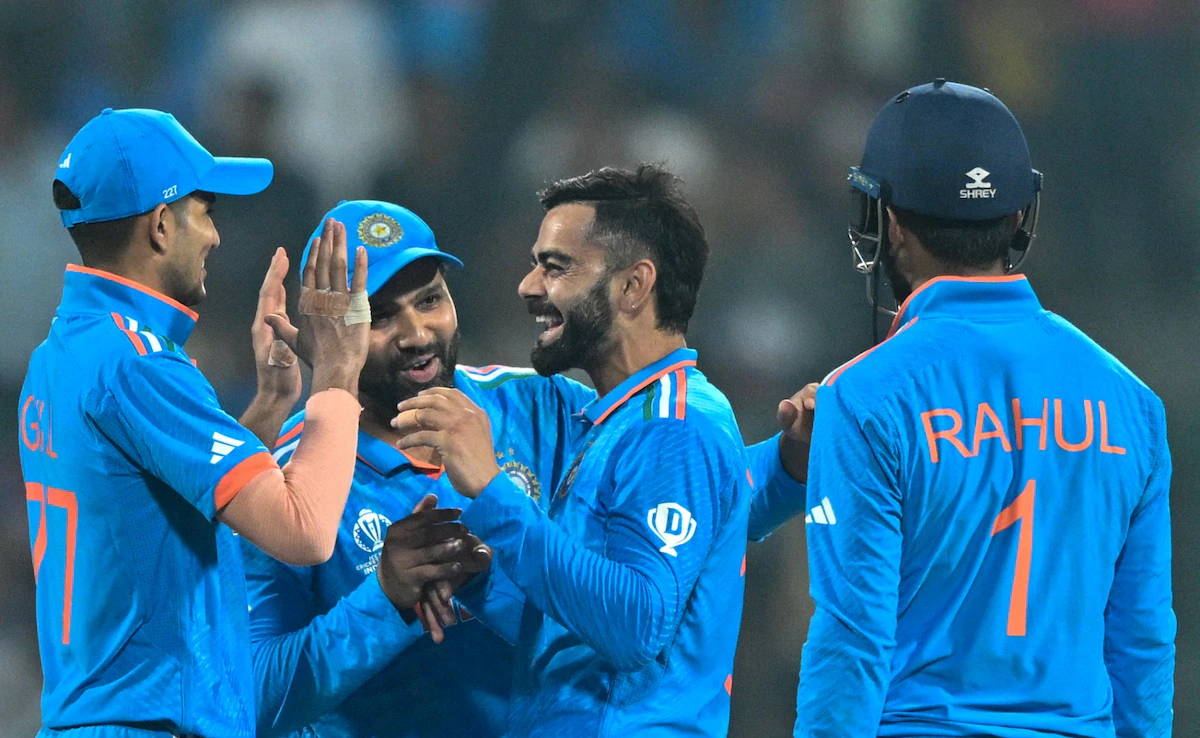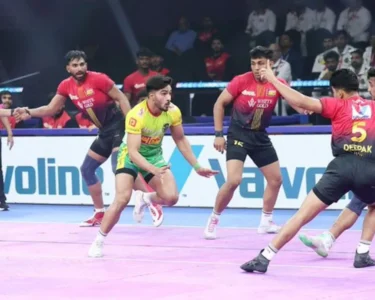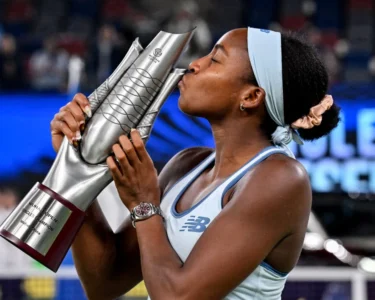In a major development for Indian cricket, the Board of Control for Cricket in India (BCCI) has reportedly advised Shubman Gill to step back from taking leadership responsibilities as senior players Virat Kohli and Rohit Sharma make their much-anticipated return to the national squad. The decision marks a crucial shift in team dynamics as India looks to balance youth and experience ahead of upcoming international fixtures.
Shubman Gill, who has been leading the young Indian side in recent bilateral series, has shown tremendous potential as both a captain and a top-order batter. Under his guidance, a fresh generation of Indian cricketers has gained valuable exposure on the international stage. However, with veterans Rohit Sharma and Virat Kohli returning to the squad, the BCCI has decided to restore the traditional hierarchy, placing the experienced duo back in key leadership and mentoring roles.
According to sources close to the team management, the BCCI’s decision was not a reflection of Gill’s performance but rather a move to maintain harmony and structure within the dressing room. Rohit Sharma, who has been India’s captain across formats, and Virat Kohli, the former skipper and one of the most accomplished batters in world cricket, bring years of experience and strategic insight that the selectors believe will be crucial in upcoming high-pressure tournaments.
Reports suggest that Shubman Gill was briefed about his role and responsibilities during a recent team meeting. The BCCI and coaching staff emphasized that Gill remains a vital part of India’s long-term plans and will continue to be groomed as a future leader. However, for now, his focus will be on contributing with the bat and learning under the guidance of Rohit and Kohli.
This decision also comes at a time when India is preparing for a packed cricket calendar, including the upcoming home series and the build-up to major ICC tournaments. The return of Kohli and Rohit adds both stability and star power to the team. Their presence not only boosts the batting lineup but also provides invaluable experience in handling high-pressure situations — something the younger players can learn from.
Rohit Sharma, known for his calm and composed leadership, has been instrumental in guiding India through numerous successful campaigns. Similarly, Virat Kohli’s intensity and fitness standards have set benchmarks for the younger generation. The BCCI’s move to reinstate them in leadership discussions reflects a desire to blend youthful energy with veteran wisdom — a combination that has historically brought success to Indian cricket.
Meanwhile, cricket fans and analysts have mixed reactions to the development. Some believe Gill should continue to get captaincy opportunities to build confidence and leadership experience, while others support the board’s decision to rely on tried-and-tested veterans for crucial series. Nevertheless, one thing is clear — Shubman Gill’s growth trajectory remains a central focus for Indian cricket, and his time to lead again will certainly come.
The BCCI is reportedly working on a long-term transition plan that allows senior players to gradually mentor younger leaders like Gill, Rishabh Pant, and Hardik Pandya. The idea is to ensure a smooth handover of leadership duties in the coming years, ensuring the continuity of India’s dominance in world cricket.
As Team India gears up for its next big challenge, all eyes will be on how Gill adapts to his evolving role and how the return of Rohit Sharma and Virat Kohli influences team performance. With a blend of youth and experience, India’s squad looks well-balanced and ready to take on any challenge that lies ahead.
The BCCI and coaching staff emphasized that Gill remains a vital part of India’s long-term plans and will continue to be groomed as a future leader. However, for now, his focus will be on contributing with the bat and learning under the guidance of Rohit and Kohli.







